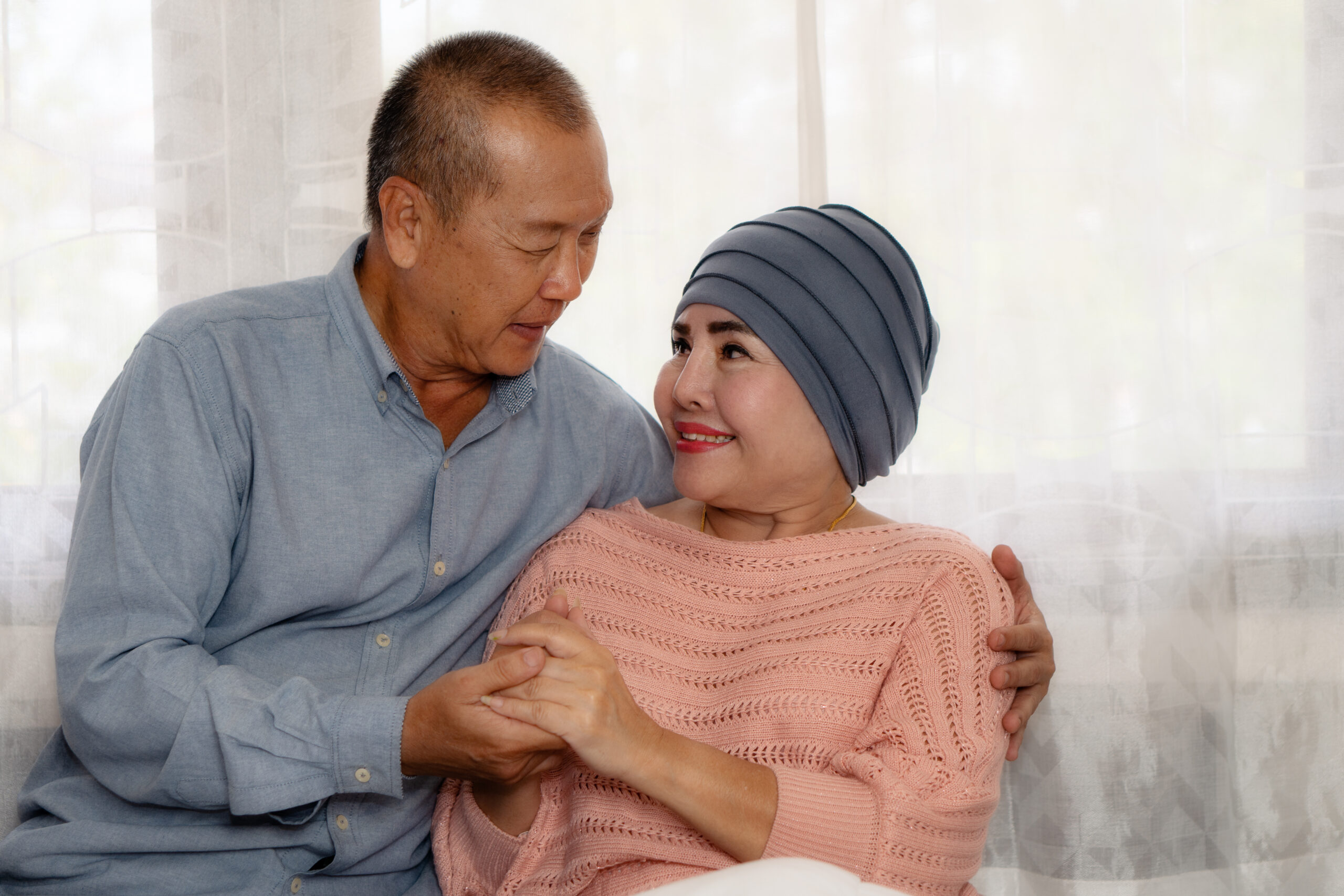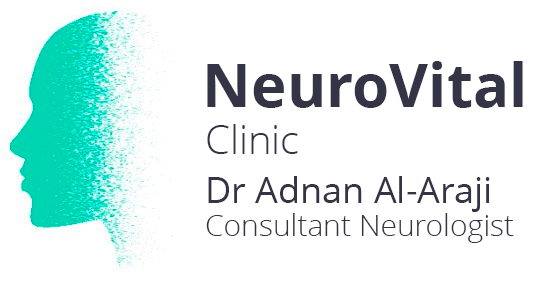Brain Tumours Treatment
A brain tumour occurs when cells in your brain grow abnormally and uncontrollably. There are many types of brain tumours, and your symptoms will vary depending on where it is in your brain. Many factors affect how we treat a brain tumour, including the size, type and grade of the tumour, your general health and age.

Symptoms
- Seizures (fits)
- Difficulty hearing
- Tiredness/ fatigue
- Feeling or being sick
- Problems with memory
- Uncontrollable eye movements
- Headaches or pressure in the head
- Changes in your behaviour or personality
- Visual disturbances, such as blurry or double vision
Depending on where the tumour is, you may also struggle to walk, read or write, have balance or coordination issues, feel dizzy, or lose feeling in one part of your body.
Treatment
Treatments can involve steroids and other medications, targeted therapy, surgery, radiation therapy and chemotherapy. It will depend on the tumour’s grade, stage, type and placement.
Surgery is the most common treatment. It involves removing part or all of the tumour. There are two methods of doing this: craniotomy (cutting part of the skull to access the tumour) and neuro-endoscopy (creating a Burr hole to get to the tumour).
After surgery, we may perform radiation therapy (radiotherapy) to kill any remaining cancer cells. We can also use radiotherapy if surgery is not possible. Another option is chemotherapy, which uses anti-cancer drugs to attack tumour cells. You may have combined chemotherapy and radiotherapy as part of your treatment plan. We call this chemoradiotherapy.
You may need additional support with managing the side effects of cancer and cancer treatment. We will discuss all options when we are assessing your treatment suitability. Your treatment plan may evolve as your condition progresses or we learn more about your condition.
If you’re experiencing brain tumour symptoms, contact our clinic to arrange an initial consultation with our neurologist.
Contact Us
Ten Harley Street Limited10 Harley Street
London W1G 9PF
United Kingdom
Opening Hours:
Monday to Friday 9am to 5pm
Call: 07954 847 479

